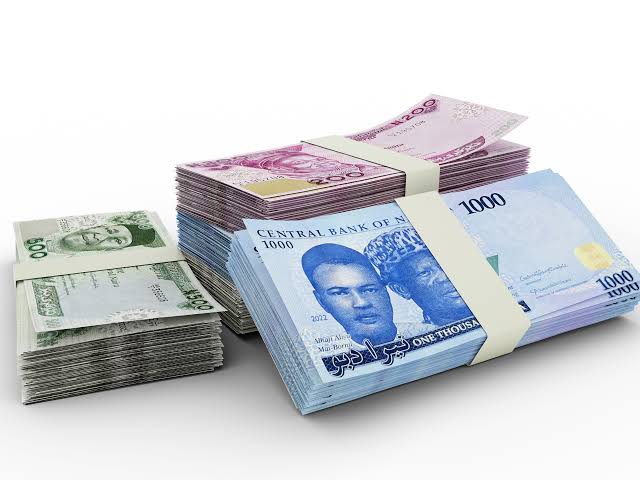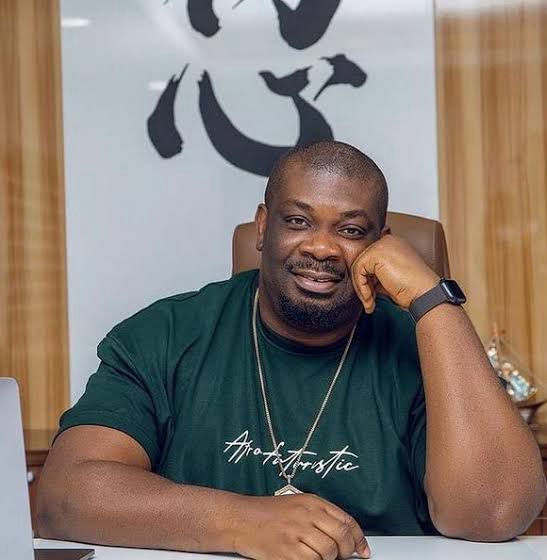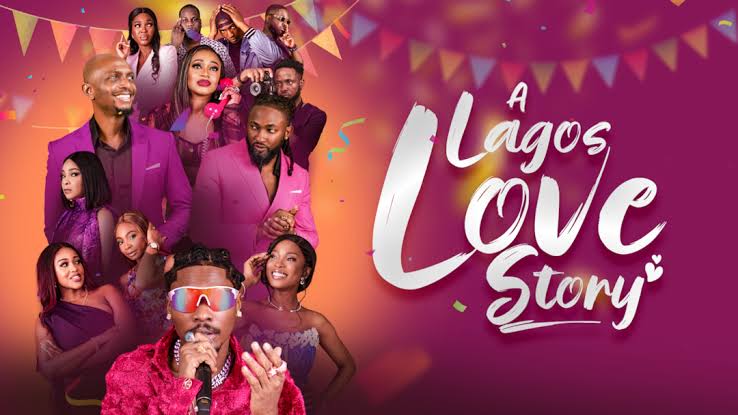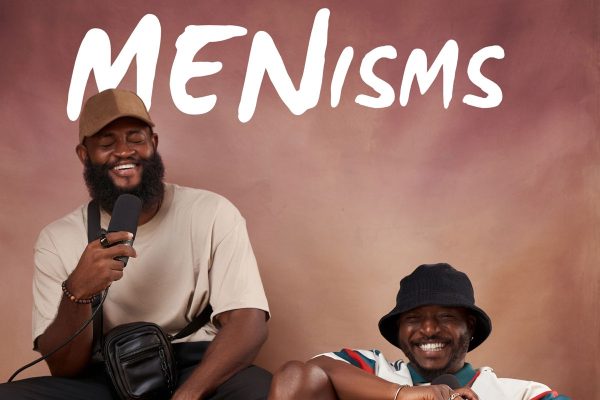Early 2000s – Local Roots
• Nigerian and Ghanaian artists blend hip-hop, R&B, dancehall—emerging styles known as Naija Pop and Hiplife .
2009–2011 – First Wave Breakouts
• Wizkid debuts with “Holla at Your Boy” (2011), seen as Nigeria’s first modern Afrobeats global starter .
• Ghana’s Azonto sound explodes; Wizkid’s “Azonto” (2012) rides that wave .
2014 – “Ojuelegba” Moment
• Wizkid’s Ayo album hits, especially “Ojuelegba,” which gains the UK with a Drake+Skepta remix .
2015–2016 – Drake Crossovers
• Wizkid features on Drake’s “One Dance” (April 2016), co-writer credit, and global #1 hit. First Nigerian artist with a Billboard Hot 100 #1 .
• Drake in turn samples Wizkid on “Come Closer” (2017). These ties cement Afrobeats in mainstream hip-hop/R&B .
2017 – Major-Label & US Push
• Wizkid signs multi-album deal with RCA in March 2017 and releases Sounds from the Other Side in July. The album blends Afrobeats, R&B, dancehall, EDM and features major US guests .
2018–2020 – Diaspora and Festival Moments
• “Essence” (feat. Tems, 2020) becomes first Nigerian song to reach Billboard Hot 100 and Grammy nomination .
• Afro Nation festival launches (2019+), bringing Afrobeats acts to Europe and the Americas .
2021 – Cultural Momentum
• Beyoncé curates The Lion King: The Gift, featuring Afrobeats stars and acknowledges the genre’s impact .
2022–2024 – Institutionalization & Tech Sync
• Surge in Spotify’s Afrobeats streams (+283% since 2019); genre earns its own chart on BBC Radio 1Xtra .
• UK and US festivals feature Afrobeats prominently; new stars like Rema, Burna Boy, Tems rise globally .
TODAY – Global Adoption
• Afrobeats is embedded in global culture: US radio, Olympics, fashion runways, global brands. Its structure is now both organic and institutional—a hybrid architecture of diaspora momentum, streaming platforms, and global partnership.













